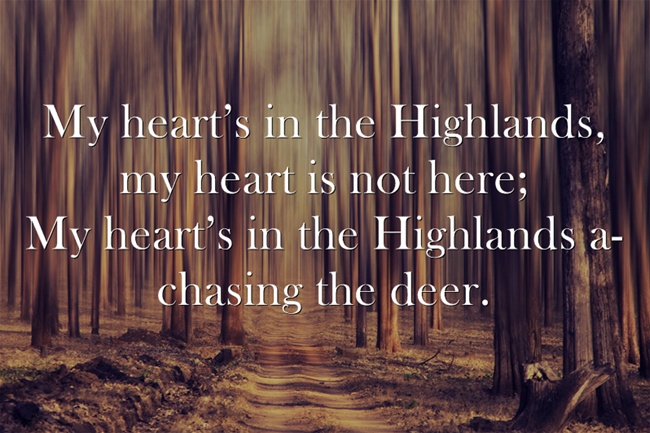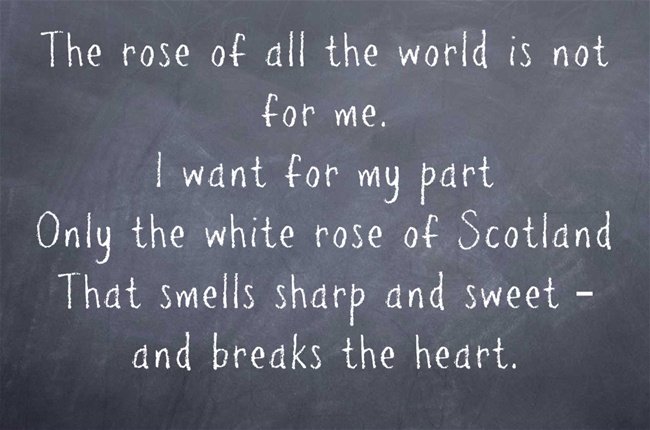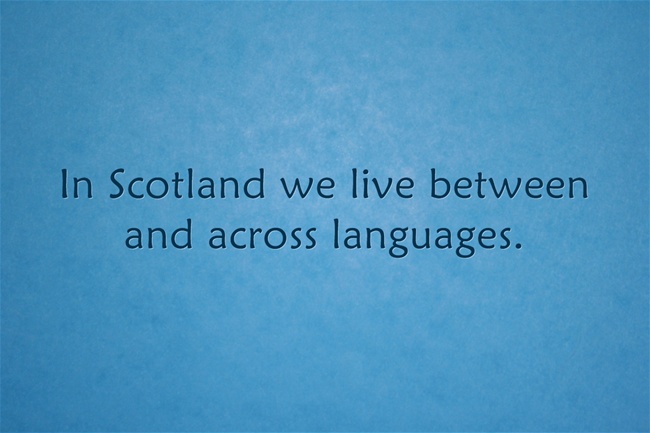One of the ironies of the Scottish independence referendum is that Scotland is widely recognised to be a changed place despite the majority voting in favour of the union. It became clear during the course of 2014 that something significant was happening. Scotland witnessed levels of public engagement and debate never before seen. Hugh MacDiarmid’s ‘Glasgow 1960’ comes to mind. Returning to Glasgow ‘after long exile’, MacDiarmid’s narrator encounters packed trams heading for Ibrox, the home of Rangers football club, but discovers that the crowds are going to listen to a debate between ‘Professor MacFadyen and a Spainish pairty’ and that newspapers with headlines ‘Special! Turkish Poet’s Abstruse New Song’ were selling ‘like hot cakes’.
The Scottish Question may not have been debated on quite so elevated a level but debates were conducted the length and breadth of Scotland in a remarkably civil, engaging, and open manner. Those who sought to portray these debates as something sinister could do no better than refer to a professional politician who had an egg thrown at him while he addressed meetings on top of an Irn Bru crate. The dull, limited, predictable, binary debate of the conventional press contrasted with the expansive, lively, and engaging discussions that took place in often novel venues in every nook and cranny of Scotland. The Scottish Question, as debated by the public, was not restricted to a narrow constitutional question but became a genuine dialogue about what kind of place Scotland should seek to become. The referendum started a process that has not been halted by the outcome of a referendum on whether Scotland should become an independent country, the formal question that provoked this all-embracing national conversation.
The result of referendum and reaction to it has been in stark contrast to the referendum on devolution 35 years ago. In 1979, Scots had narrowly voted for a very limited form of devolution – 51.6% in favour on a turnout of 63.7% – but the measure on offer was not implemented as it failed to achieve the weighted majority demanded by Parliament at Westminster. The expectation in the run-up to that referendum had been that a decisive majority would vote for devolution. The slight numeric majority hid a defeat in expectations. Expectations were very different in the months leading up to September 18th this year. Early in 2014, opponents of independence thought that they might push support for independence below 30% and were still convinced that it would win less than 40% only a few weeks before Scots went to vote. In the event, 55.3% voted for the union on a record turnout of 84.6% but it has been the 45% that has been celebrated as victory. It has been the membership of the Yes parties, that has increased dramatically, with the membership of the Scottish National Party now dwarfing that of the other Scottish parties. With just under 100,000 members, the SNP can claim to be the only mass party in the UK today. Politics is an expectations game and supporters of independence knew that they had a ‘mountain to climb’, in the words of the chair of the official Yes campaign.
As opinion polls narrowed towards the end of the campaign, a ‘Vow’ was signed by the three main UK party leaders promising substantially more devolution while protecting Scotland’s share of public spending. This means that even the debate around the narrowed constitutionalist understanding of the Scottish Question will continue. More powers will be delivered with ramifications for the rest of the United Kingdom. Scotland is a changed place but an answer to the Scottish Question remains as elusive as ever.
Headline image credit: Glencoe, Scotland panorama by Gil Cavalcanti. CC BY-SA 3.0 via Wikimedia Commons.
The post Scotland is a different place now appeared first on OUPblog.





